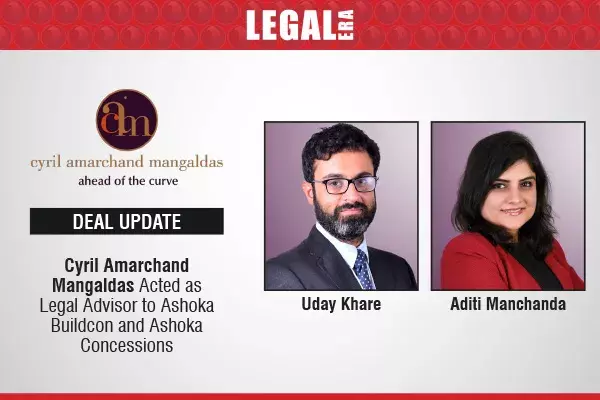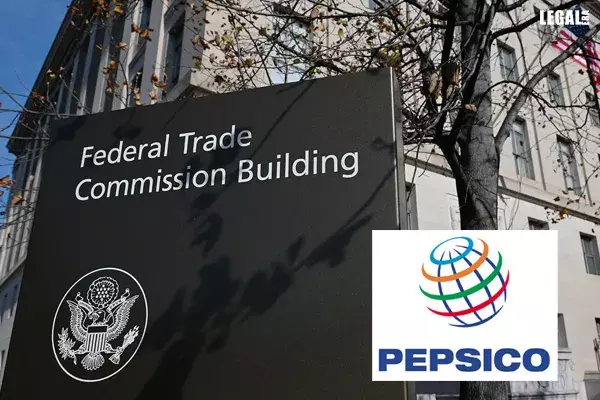Hospital to be held vicariously liable for the acts of negligence committed by its doctors empanelled to provide medical care: SC
[ By Kavita Krishnan ]A Supreme Court bench of Justices Uday Umesh Lalit and Indu Malhotra held that a hospital shall be held vicariously liable for the acts of negligence committed by its doctors engaged or empanelled to provide medical care.The Court ruled that a medical professional should be alert to the hazards and risks in any professional task he undertakes to the extent that...
A Supreme Court bench of Justices Uday Umesh Lalit and Indu Malhotra held that a hospital shall be held vicariously liable for the acts of negligence committed by its doctors engaged or empanelled to provide medical care.
The Court ruled that a medical professional should be alert to the hazards and risks in any professional task he undertakes to the extent that other ordinarily competent members of the profession would be alert. He must bring to any professional task he undertakes reasonable skill that other ordinarily competent members of his profession would bring.
The Apex Court upheld the decision of the National Consumer Disputes Redressal Commission (NCDRC), which allowed the consumer complaint, and held that the Appellant Hospital and the Appellant Doctors were guilty of medical negligence, since they failed to carry out the mandatory check up of Retinopathy of Prematurity (“ROP”) on a pre-term baby, which led to his total blindness.
Further, the Court held that in Jacob Mathew v. State of Punjab, the Bolam test had been followed, wherein it was held that the Bolam test has been widely accepted as decisive of the standard of care required by medical practitioners, and it is invariably cited with approval before the courts in India, and applied as a touchstone to test the pleas of medical negligence.
The Supreme Court relied on Arun Kumar Manglik v. Chirayu Health and Medicare (P) Ltd. wherein it was held that the standard of care as enunciated in Bolam must evolve in consonance with its subsequent interpretation adopted by English and Indian courts.
The Court observed that, “So long as a doctor follows a practice acceptable to the medical profession of that day, he cannot be held liable for negligence merely because a better alternative course or method of treatment was also available or simply because a more skilled doctor would not have chosen to follow or resort to that practice or procedure which the accused followed. When it comes to the failure of taking precautions, what has to be seen is whether those precautions were taken which the ordinary experience of men has found to be sufficient; a failure to use special or extraordinary precautions which might have prevented the particular happening cannot be the standard for judging the alleged negligence.”
The Court held that medical negligence is the breach of a duty of care by an act of omission or commission by a medical professional of ordinary prudence. According to the Court, Medical negligence comprises of the following constituents: (1) A legal duty to exercise due care on the part of the medical professional; (2) failure to inform the patient of the risks involved; (3) the patient suffers damage as a consequence of the undisclosed risk by the medical professional; (4) if the risk had been disclosed, the patient would have avoided the injury; (5) breach of the said duty would give rise to an actionable claim of negligence.
The Court further held that actionable medical negligence is the neglect in exercising a reasonable degree of skill and knowledge to the patient, to whom he owes a duty of care, which has resulted in injury to such person.
The Court concluded that the appellant doctors who were the Consultant Paeditricians undoubtedly possessed the skill and qualifications of a Paediatrician, and the baby was placed under their direct care and treatment from birth till he was 3 ½ months old. They therefore owed a duty of care to the baby and his parents. Also, the Senior Consultant Ophthalmologist, who was engaged by the Appellant Hospital, and was the specialist in the Ophthalmology Department, ought to have followed the standard protocol for screening the baby for ROP, which is prescribed at the chronological age of 3 to 4 weeks after birth.
Further, the Appellant Doctors were held to be liable for medical negligence since at no stage were the parents of the baby either advised or guided about the possibility of occurrence of ROP in a premature baby, nor was the baby examined by the Ophthalmologist as per standard protocol. The doctors ought to have been fully aware of the high chances of occurrence of ROP in a pre-term baby. The lack of care constituted a gross deficiency in service.
The Court awarded a compensation of Rs. 76 lakhs to the boy and his mother.









